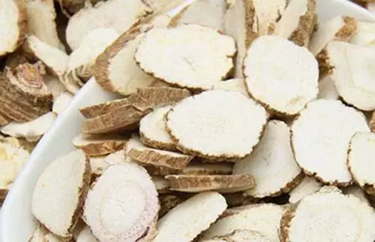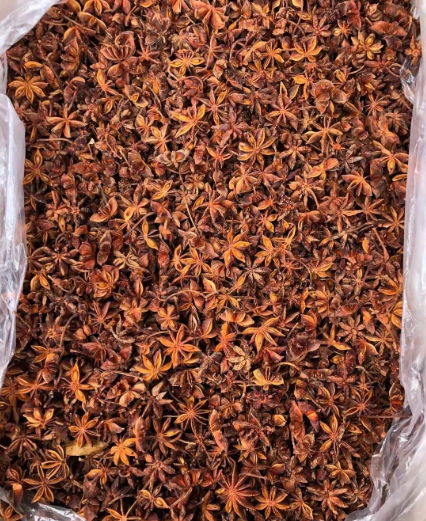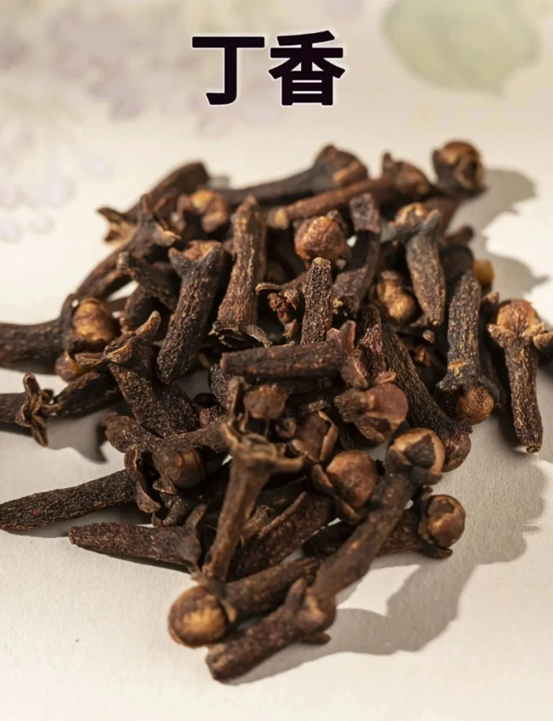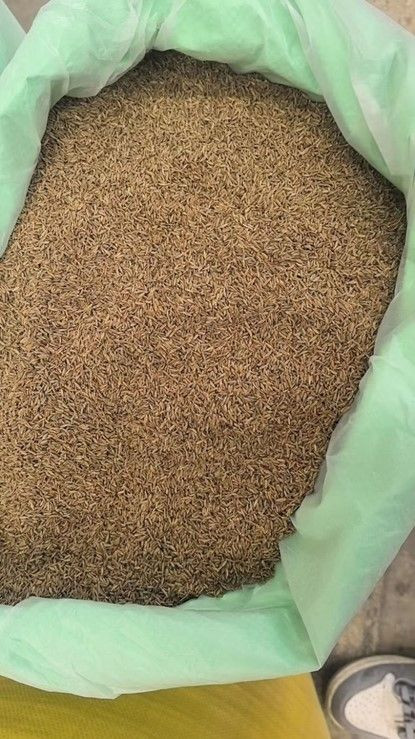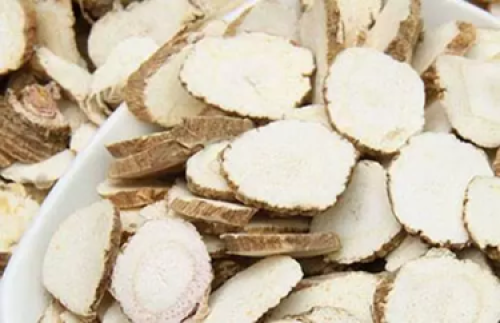

Products

Description:
Angelica root comes from the plant Angelica archangelica, a tall, aromatic herb native to Northern Europe and parts of Asia. Known for its strong herbal, musky, and slightly sweet aroma, angelica root has been used for centuries in both traditional medicine and culinary applications.
🌿 What Is Angelica Root?
-
Botanical name: Angelica archangelica
-
Plant family: Apiaceae (carrot/parsley family)
-
Part used: Primarily the root, though the stems and seeds are also used
-
Flavor: Earthy, bitter-sweet, musky, and slightly peppery with celery-like notes
-
Aroma: Warm, herbaceous, slightly woody
🍽️ Culinary Uses:
-
Traditionally used in liqueurs and spirits:
-
Key ingredient in Chartreuse, Bénédictine, and gin (used to flavor the base)
-
-
Candied stems are used in baking and confections, especially in old European recipes
-
Sometimes added (sparingly) to bitters, teas, and infusions
⚠️ The root has a strong flavor — usually used in small quantities or extracts.
💊 Medicinal Uses (Traditional & Herbalism):
-
Used in traditional European medicine for:
-
Digestive issues (bloating, indigestion, gas)
-
Menstrual discomfort and hormone balance
-
Respiratory support (coughs, colds, congestion)
-
-
Thought to be a warming and stimulating herb in herbal traditions
-
Diaphoretic: promotes sweating (used in fevers and colds)
-
Can be used in herbal teas or tinctures

